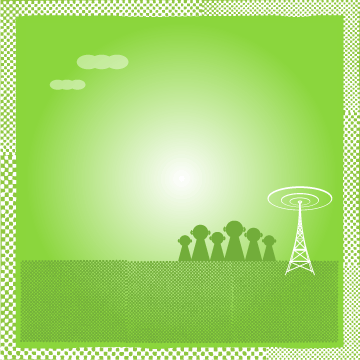Playlist: Radio Papesse's Portfolio

Featured
Carmignano - by Allen S Weiss
From Radio Papesse | Part of the Nuovi Paesaggi_ new landscapes. sound stories from Tuscany series | 45:00
Carmignano is an invitation to pause and reflect on the limits of our taste, and learn to surpass them.
It explores how taste is simultaneously the expression of terroir and of personal style, where language provides the subtle grid through which we experience wine and world.
This work is a lyrical exploration of the profundity of taste, the limits of language, and the sense of place in the Tuscan landscape, expressed in diverse languages and enriched by many voices.
- Playing
- Carmignano - by Allen S Weiss
- From
- Radio Papesse
 This broadcast is an invitation to pause and reflect on the limits of our taste, and learn to surpass them. One way of accomplishing this by measuring our taste against a great wine. When we speak of a wine, are we describing the wine itself, or our sensation of it? Who is speaking, us or the wine? Carmignano, Allen S. Weiss' radio essay for Nuovi Paesaggi, explores how taste is simultaneously the expression of terroir and of personal style, where language provides the subtle grid through which we experience wine and world. Focusing on a single Carmignano wine, this work is a lyrical exploration of the profundity of taste, the limits of language, and the sense of place in the Tuscan landscape, expressed in diverse languages and enriched by many voices.
This broadcast is an invitation to pause and reflect on the limits of our taste, and learn to surpass them. One way of accomplishing this by measuring our taste against a great wine. When we speak of a wine, are we describing the wine itself, or our sensation of it? Who is speaking, us or the wine? Carmignano, Allen S. Weiss' radio essay for Nuovi Paesaggi, explores how taste is simultaneously the expression of terroir and of personal style, where language provides the subtle grid through which we experience wine and world. Focusing on a single Carmignano wine, this work is a lyrical exploration of the profundity of taste, the limits of language, and the sense of place in the Tuscan landscape, expressed in diverse languages and enriched by many voices.
'When Lucia Farinati (guest curator of New Landscapes) and Allen S. Weiss proposed to us to create a work about wine, our first concern was that we didn’t want to endlessly repeat the same praises of one of the most important products of Italy and of Tuscany. Our worries were dispelled by Weiss’s work: in fact, although wine is the object of Carmignano, its true subject is language, and our inability to fully describe taste. Alternating voices and languages (Italian, French, German, Japanese, Greek and English), Weiss’s warm and calm words accompany the listening, which turns out to be a real ‘tasting for the ears’.
The voices of those are eleven people invited to taste the same wine: they drank and they ate, but most of all they searched for the right words to describe an experience.
Weiss’s work is a piece of research on prose that starts from taste and revisits landscape along the common thread of a question: Can metaphors for taste evoke the landscape in ways that are not narrowed and stereotyped?'. Radio Papesse